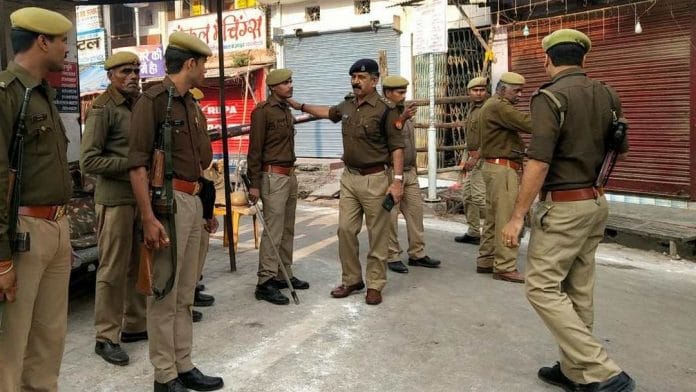New Delhi: Even as it set aside the disputed Ayodhya site for the construction of a Ram temple, the Supreme Court condemned the damage wrought on the Babri Masjid in 1949 and December 1992.
In 1949, a group of Hindus had broken into the mosque and placed idols of Ram and Sita on the premises, while the entire structure was demolished by kar sewaks in 1992.
The Muslims, the bench said, were deprived of the mosque in a manner not allowed in a secular nation.
“Justice would not prevail if the court were to overlook the entitlement of the Muslims who have been deprived of the structure of the mosque through means which should not have been employed in a secular nation committed to the rule of law,” it added.
“…The entire structure of the mosque was brought down in a calculated act of destroying a place of public worship,” it said. “The Muslims have been wrongly deprived of a mosque which had been constructed well over 450 years ago.”
Also Read: SC invoked Article 142 to order formation of trust for Ram Mandir. Here’s what it means
‘Wrong must be remedied’
The court then invoked Article 142, which allows the Supreme Court to pass any order necessary to do “complete justice” in any case, to “ensure that a wrong committed” is “remedied”.
Allotment of land to the Muslims, it said, was “necessary” even though the possession claim tilted in favour of the Hindus. This was because the Muslims did not abandon the mosque but were “dispossessed” on account of the demolition.
It was “necessary to provide restitution to the Muslim community for the unlawful destruction of their place of worship”, the court said.
The court subsequently directed the central or Uttar Pradesh government to grant a five-acre plot at a “suitable and prominent” place in Ayodhya to the Sunni Central Waqf Board, the Muslim party whose claim to the site was acknowledged by the court.
Also Read: Advani, Uma, Katiyar — this is what the original Ram mandir warriors are up to






